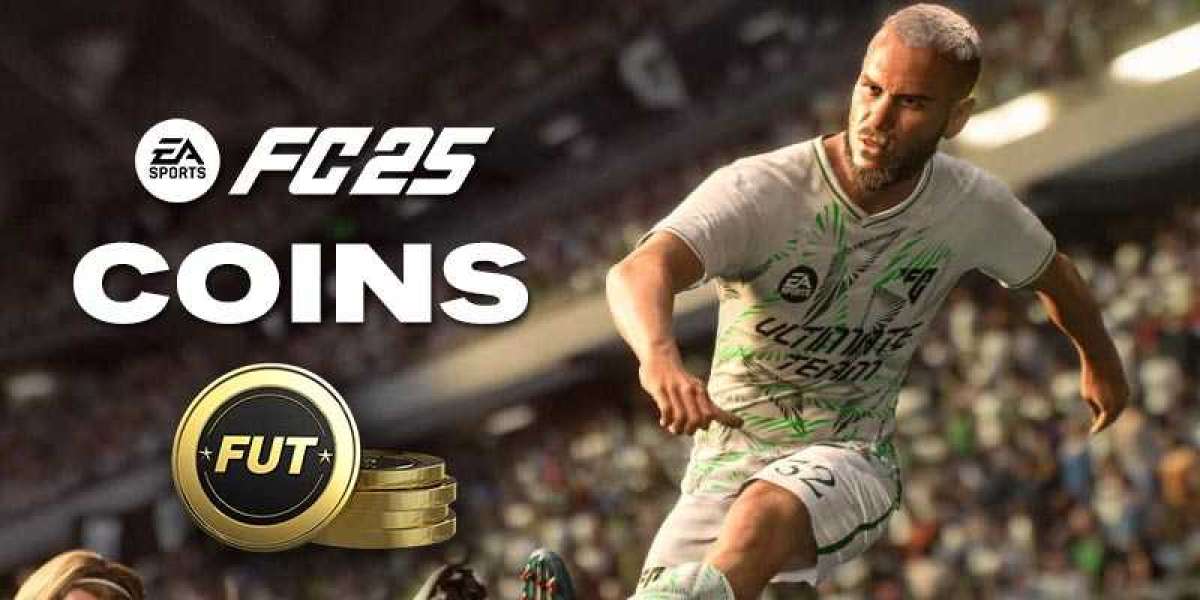The gaming industry has witnessed significant changes over the years, with the latest transformation being the rise of decentralized games powered by Web3 technology. These games, which leverage blockchain, cryptocurrencies, and NFTs (Non-Fungible Tokens), are altering the way players interact with games and how developers create and monetize their games. For Web3 game development companies, this shift presents both opportunities and challenges. Let's dive into the rise of decentralized games and explore what it means for game developers.
1. What Are Decentralized Games?
Decentralized games are built on blockchain technology, which enables them to function without the need for a central authority or server. In traditional games, the game developer or publisher controls everything, from game data to user accounts. However, decentralized games distribute this control across a network of nodes (often users themselves) rather than a central entity. This decentralization creates a new paradigm in gaming, where players have more ownership, control, and even economic stake in the games they play.
The most notable characteristic of decentralized games is their use of blockchain technology to record in-game transactions, asset ownership, and other essential game data. Players can own in-game assets (such as items, skins, or characters) as NFTs, which are unique, verifiable digital assets stored on the blockchain. This provides players with real ownership that they can trade or sell on various marketplaces.
2. The Impact on Game Developers
The rise of decentralized games is creating a massive shift in the role of game developers. Here’s how this new paradigm impacts their work:
New Revenue Models
In traditional games, developers make money primarily through sales, in-app purchases, and subscriptions. However, decentralized games offer game developers new ways to generate revenue. Since in-game items and assets are tokenized as NFTs, developers can earn a percentage of sales whenever an asset is traded in secondary markets. This secondary market revenue share is an exciting opportunity for Web3 game development companies to create sustainable income streams for themselves.
Additionally, tokenization allows developers to create custom economies within their games, where in-game currency can be traded for cryptocurrency. This opens up opportunities for game developers to launch initial token offerings (ITOs) or launch their native tokens as part of the game’s economy, raising funds through blockchain-based methods like Initial Coin Offerings (ICOs) or token sales.
Ownership and Control for Players
One of the most powerful aspects of decentralized games is the ability to give players true ownership of in-game assets. Unlike traditional games where players don’t actually own the virtual items they collect, decentralized games allow players to have full control over their in-game assets as NFTs. This means players can trade, sell, or even use assets across different games.
For Web3 game development companies, this means creating mechanisms that allow players to control their digital assets, while also providing the necessary infrastructure for safe trading and ownership. Developing features such as wallets, marketplaces, and cross-game compatibility will be essential for success in the decentralized gaming space.
Community Engagement and Governance
Another key feature of decentralized games is the concept of decentralized governance. In a decentralized game, players can have a say in the game’s development through decentralized autonomous organizations (DAOs). This can include voting on game updates, rule changes, or economic adjustments. Such community-driven governance is a significant departure from traditional gaming, where developers make all decisions unilaterally.
For Web3 game development companies, implementing DAO mechanisms allows players to become stakeholders in the game’s future. By giving the community the power to shape the game, developers can foster greater engagement, build trust, and improve retention rates. It also aligns with the Web3 ethos of decentralization, empowering players to influence the game’s direction.
3. Challenges for Developers in Decentralized Games
While the rise of decentralized games brings exciting new opportunities, it also presents challenges for developers:
Technical Complexity
Building decentralized games requires a deep understanding of blockchain technology, smart contracts, and cryptographic security. This level of complexity can be a significant barrier for traditional game developers unfamiliar with Web3 technologies. Therefore, Web3 game development companies must invest in hiring blockchain developers or training their existing teams to handle these new technologies.
Regulatory Uncertainty
The rise of cryptocurrencies and NFTs has attracted regulatory scrutiny in various countries. Web3 game developers need to be aware of the legal landscape surrounding digital currencies, NFTs, and token economies. Issues such as intellectual property rights, data privacy, and financial regulations need to be carefully considered when developing decentralized games.
Player Education
Although decentralized gaming is growing in popularity, many players still do not fully understand how blockchain, NFTs, and cryptocurrencies work. Web3 game development companies need to provide educational resources within their games to help players navigate the complexities of wallets, tokens, and NFTs. Ensuring that players understand how to use these tools is essential for widespread adoption.
4. The Future of Decentralized Games
The future of decentralized games looks incredibly promising. As blockchain technology becomes more user-friendly and the gaming community becomes more familiar with Web3 concepts, the adoption of decentralized games will continue to rise. This shift presents an exciting opportunity for developers to innovate, create new gameplay experiences, and build communities around their games.
For Web3 game development companies, the key to success lies in embracing the power of blockchain technology, creating engaging user experiences, and fostering communities that have a real stake in the game’s success. The future of gaming is decentralized, and the companies that can successfully navigate this new paradigm will lead the charge in reshaping the industry.
Conclusion
The rise of decentralized games is a significant milestone in the evolution of the gaming industry. For Web3 game development companies, this shift offers new revenue streams, greater player engagement, and innovative gameplay opportunities. However, developers must overcome challenges such as technical complexity, regulatory hurdles, and player education. With the right strategies, decentralized games have the potential to revolutionize the gaming industry, and developers who embrace this future will be at the forefront of this exciting change.








